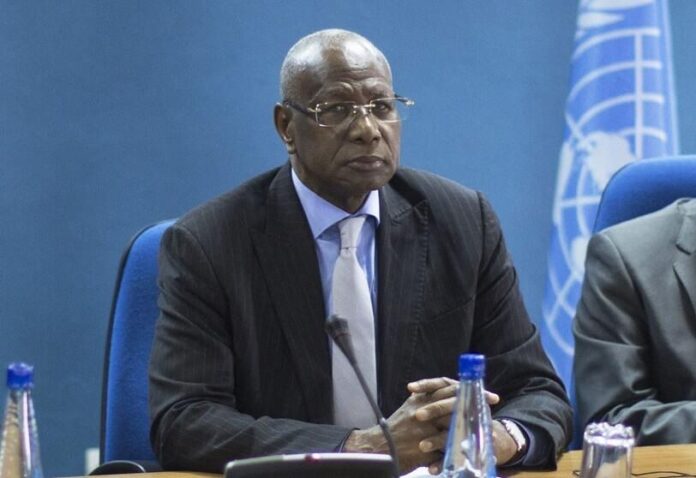Almost a year after the sudden resignation of UN special envoy Jan Kubiš, the institution’s secretary general, Antonio Guterres, announced on September 2 the appointment of diplomat Abdoulaye Bathily, former Senegalese prime minister in as Special Envoy for the United Nations Support Mission in Libya (UNSMIL).
In a country in the throes of an armed conflict between two governments vying for power, one based in Tripoli (west) and led by Abdulhamid Dbeibah since the beginning of 2021, and the other led since March by Fathi Bachagha, supported by the camp of Marshal Khalifa Haftar, the strongman of the East, the UN Secretary General succeeded after a first failed attempt last August to appoint an emissary in this country, which has been experiencing political and economic crises since the death of Muammar Gaddafi in 2011.
Fragile and unstable for years, Libya saw a new political crisis erupt in 2022, first caused by the cancellation of the electoral ballot in December 2021, and the refusal of transitional Prime Minister Abdulhamid Dbeibah to resign. This situation has given rise to new violence since July which left 45 dead and 159 injured.
Abdoulaye Bathily, former history professor at Cheikh Anta Diop University in Dakar and former minister in Senegal will have a lot to do for his new mission as UN envoy to Libya. The Libyan transitional government initially opposed this appointment in a letter sent to the UN Secretary General, suggesting the reluctance of political actors to begin negotiations.
Hasni Abidi, director of the Center for Studies and Research on the Arab and Mediterranean World, during a correspondence with RFI, said: “He has a very important project. First of all to federate all the neighboring states of Libya and, the other complication, is of course to have the support of regional actors, without forgetting of course Russia. So it really is a very delicate mission, a high-risk mission.”
But Abdoulaye Bathily can count on indisputable qualities as a diplomat, for having held high-level positions within the UN, particularly in Mali, in Central Africa, and for having been the independent expert in charge of the strategic review of the mission to Libya in 2021.
For his mission which will consist in opening a dialogue between the two governments in order to reach constitutional solutions to ensure stability in this country, he can count on many supports including Tunisia, which hosted in November 2020, in collaboration with the UN, the Libyan Political Dialogue Forum and who said they support this choice, reads a press release published Tuesday by its Ministry of Foreign Affairs.





